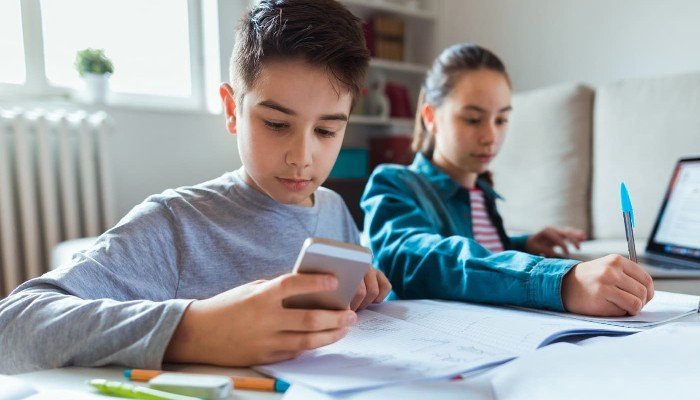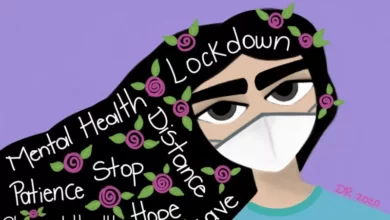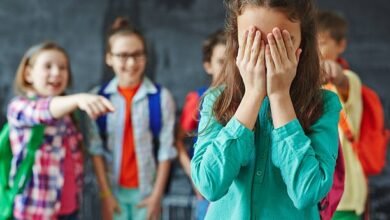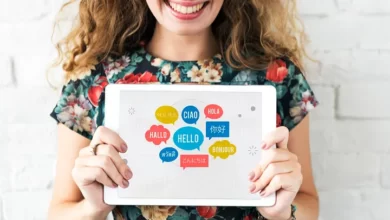The Impact of Social Media on Education

The widespread use of social media has revolutionized the way people interact and share information. The integration of social media into education has the potential to transform the traditional teaching and learning environment. However, there are also potential negative impacts that need to be addressed. This article will explore the impact of social media on education, both positive and negative, and examine how it can be utilized to improve the quality of education.
Introduction
Social media platforms like Facebook, Twitter, Instagram, and YouTube have become an integral part of everyday life. These platforms have changed the way people communicate and interact with each other. With the increasing popularity of social media, it has become important to understand how it affects education.
Positive Impacts of social media on Education
Enhances communication and collaboration
Social media provides an excellent platform for students and teachers to communicate and collaborate. It allows for the easy sharing of ideas, resources, and information. Social media can be used to create online communities that can facilitate group discussions and project collaborations.
Improves access to information
Social media has made it easier for students to access information. With a click of a button, students can find and share information from a wide range of sources. Social media platforms like YouTube, Khan Academy, and Coursera provide free educational resources that are easily accessible to anyone with an internet connection.
Facilitates personalized learning
Social media allows for personalized learning. Students can access educational materials tailored to their learning needs and preferences. Social media platforms like Edmodo and Moodle provide tools that enable teachers to create personalized learning environments that cater to individual student’s learning styles and abilities.
Provides exposure to diverse perspectives
Social media provides exposure to diverse perspectives. Students can interact with people from different cultures and backgrounds, which enhances their knowledge and understanding of the world. Social media platforms like Twitter and LinkedIn can be used to network with professionals from different fields, providing opportunities for mentorship and career development.
Negative Impacts of social media on Education
Distractions and time-wasting
One of the biggest negative impacts of social media on education is distractions and time-wasting. Social media can be addictive and can distract students from their studies. It can be challenging to regulate social media use, which can lead to time-wasting and poor academic performance.
Cyberbullying and online harassment
Social media can be used as a platform for cyberbullying and online harassment. Students can use social media to bully and harass their peers, which can have a negative impact on their mental health and academic performance.
Privacy and security concerns
Social media poses privacy and security concerns. Students’ personal information and data can be compromised through social media. It is essential to educate students on how to protect their privacy and stay safe online.
Spread of misinformation
Social media can be used to spread misinformation. Students may be exposed to fake news and inaccurate information, which can impact their learning and understanding of the subject matter. It is essential to teach students critical thinking skills to evaluate the credibility of sources.
How social media can be utilized to improve education
Social media can be utilized to improve education by integrating it into the curriculum. It can be used to enhance classroom instruction, facilitate collaboration, and increase engagement. Social media can be used to create online communities that can provide support and resources for students. It can also be used to bridge the gap between students and teachers by providing a platform for communication and feedback.
The Impact of social media on academic performance
Social media can have a significant impact on academic performance. Students who spend a lot of time on social media can experience a decline in their academic performance. It is important for students to develop time management skills and prioritize their studies over social media use.
The Role of social media in distance learning
Social media has played a significant role in distance learning. It has enabled students to access educational resources and connect with their teachers and peers from remote locations. Social media platforms like Zoom and Google Meet have become popular tools for online learning.
Social media and student engagement
Social media can increase student engagement by providing a platform for active participation and collaboration. It can be used to create interactive learning experiences that involve students in the learning process. Teachers can use social media to design engaging activities that encourage students to share their thoughts and ideas.
Social media and teacher-student relationships
Social media can improve teacher-student relationships by providing a platform for communication and feedback. It can also help teachers understand their students’ needs and preferences, which can facilitate personalized learning. However, it is important for teachers to maintain professional boundaries and avoid engaging in inappropriate behavior on social media.
Social media and mental health
Social media can have both positive and negative impacts on mental health. While it can provide a sense of connection and support, it can also lead to feelings of isolation and anxiety. It is important for students to develop healthy social media habits and seek support when needed.
Social media and digital citizenship
Social media can be used to teach students about digital citizenship. It is important for students to understand how to use social media responsibly, protect their privacy, and interact with others online in a respectful manner. Social media can be used to facilitate discussions about online safety and ethical behavior.
The Future of social media in Education
The integration of social media into education is likely to continue in the future. Social media platforms will continue to evolve, and new tools and features will be developed to enhance the learning experience. It is important for educators to stay up-to-date with the latest trends and developments in social media and utilize them to improve the quality of education.



